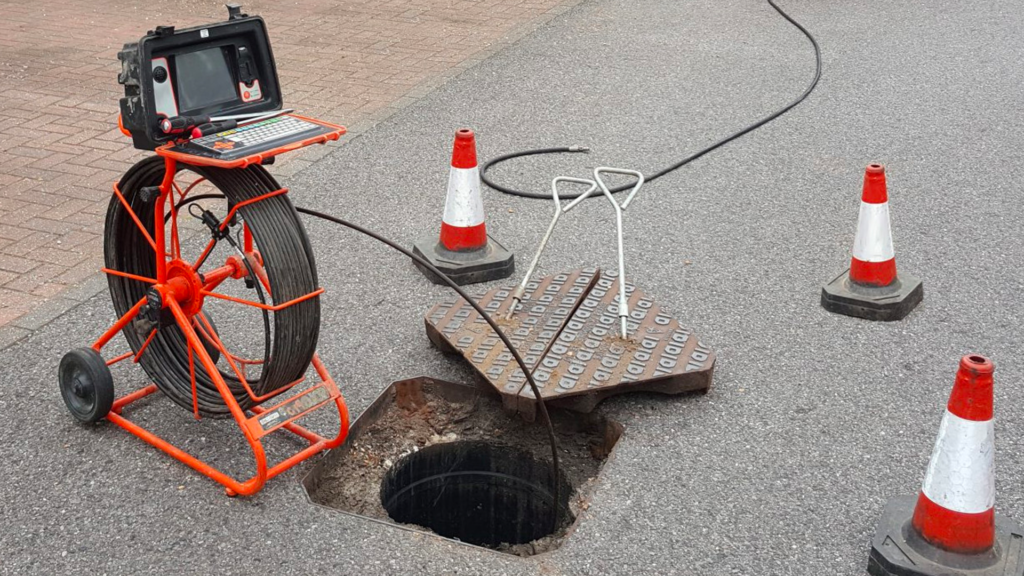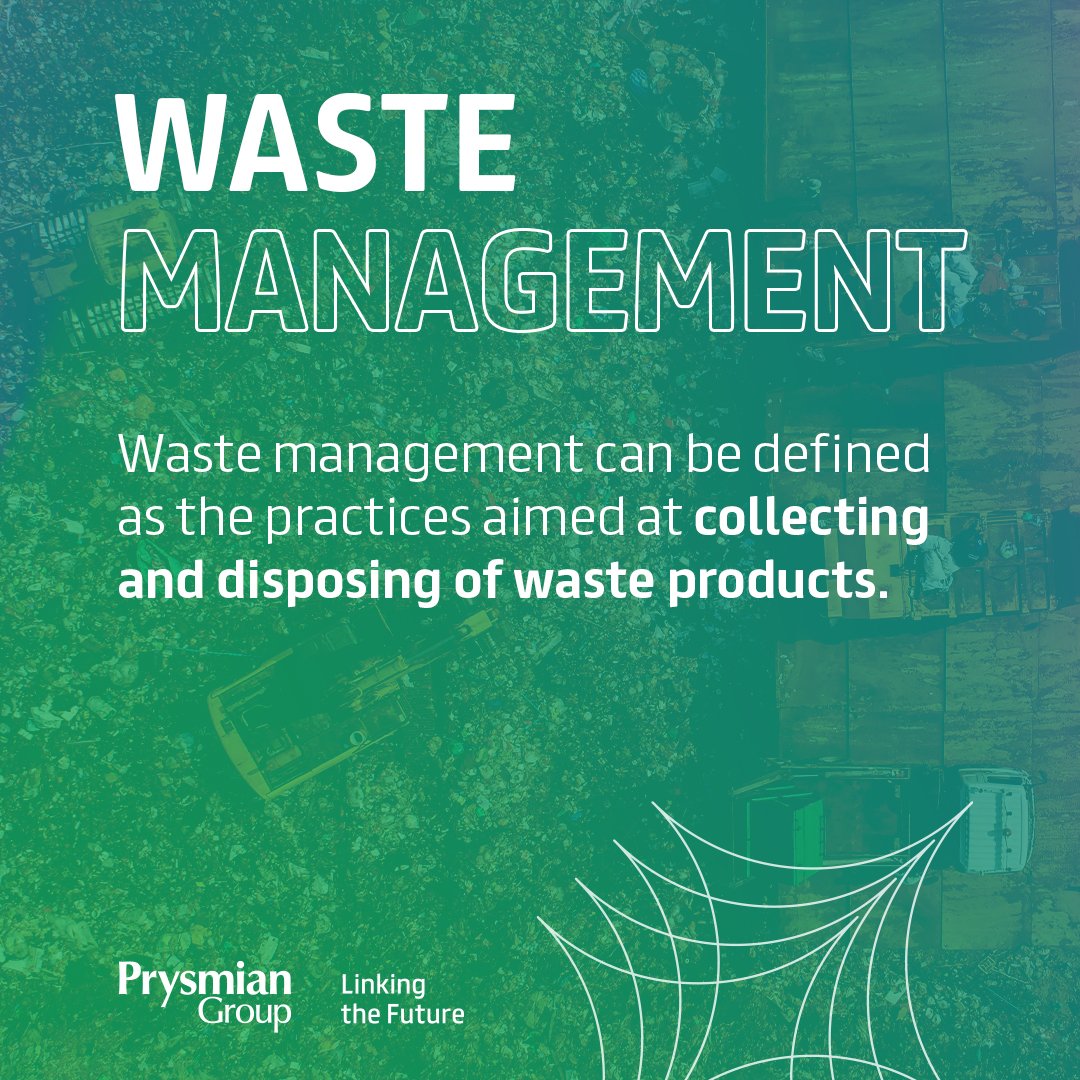See This Report on Reclaim Waste
See This Report on Reclaim Waste
Blog Article
Some Of Reclaim Waste
Table of ContentsReclaim Waste - TruthsReclaim Waste - An OverviewNot known Incorrect Statements About Reclaim Waste All About Reclaim WasteThe Definitive Guide for Reclaim Waste
Explore the types, events, and types of liquid waste. Domestic sewage waste refers to the waste and items from a property septic system. This kind of waste is produced by human beings in houses, schools, and various other buildings. This only includes sewage-disposal tanks that have a drain field. The appropriate monitoring and disposal of domestic sewer waste need liquid waste to be transferred to a sewage treatment plant where the appropriate approaches and devices are put on cleanse and take care of waste.
Commercial waste frequently includes possible dangers, such as combustible materials or a combination of liquid and solid waste items, and needs an advanced and detailed disposal process. The disposal of business waste typically includes the filtering of waste before transportation to make sure secure and correct disposal. Industrial waste is produced from by-products and drainage of industrial procedures and production.
This type of waste can not use the same sewer management transportation or processes as septic or commercial liquids. The industrial waste monitoring procedure needs the assessment and testing of fluid waste before it undertakes the disposal procedure (industrial wastewater treatment). Runoff waste is the liquid waste that comes from overflow and excess stormwater in highly inhabited areas or cities
Runoff waste can create contamination and flooding if not managed effectively. Making certain appropriate waste monitoring can avoid catastrophes and minimize ecological injury.
How Reclaim Waste can Save You Time, Stress, and Money.
Contact PROS Solutions today to learn more about our waste management and disposal solutions and the appropriate means to take care of the fluid waste you generate.
(http://tupalo.com/en/users/7813759)This so-called 'wastewater' is not only an important resource yet, after treatment, will certainly be released to our land, rivers or the ocean. Made use of water from bathrooms, showers, baths, kitchen area sinks, laundries and commercial processes is recognized as wastewater.

water made use of to cool down machinery or clean plant and devices). Stormwater, a form of wastewater, is drainage that moves from farming and urban areas such as roofings, parks, yards, roads, courses and rain gutters right into stormwater drains pipes, after rainfall. Stormwater flows neglected directly to regional creeks or rivers, eventually getting to the ocean.
Reclaim Waste Can Be Fun For Everyone
In Queensland, a lot of wastewater is treated at sewage treatment plants. Wastewater is carried from residential or industrial websites with a system of sewers and pump terminals, understood as sewage reticulation, to a sewage treatment plant. City governments construct, keep and run most sewer treatment plants. Operators are certified under the Environmental Defense Act 1994 to discharge cured wastewater at an appropriate ecological requirement into waterways.
The Department of Natural Resources encourages city governments concerning handling, operating and keeping sewerage systems and therapy plants. In unsewered locations, regional governments might call for owners to set up specific or household see post sewer treatment systems to treat residential wastewater from bathrooms, kitchen areas, shower rooms and laundries. The Division of Natural Resources authorizes using family systems when they are verified to be efficient.
In some new communities, treatment of some stormwater to get rid of litter, sand and gravel has actually begun making use of gross pollutant catches. Wastewater treatment happens in four phases: Removes strong matter.
Uses tiny living organisms recognizes as micro-organisms to break down and eliminate continuing to be dissolved wastes and fine fragments. Micro-organisms and wastes are integrated in the sludge.
The Ultimate Guide To Reclaim Waste
Nutrient elimination is not offered at all sewage treatment plants due to the fact that it calls for expensive specialist equipment. Clear liquid effluent produced after treatment might still consist of disease-causing micro-organisms - liquid waste removal melbourne.

A lot of wastewater flows right into the sewage system. Under the Act, neighborhood federal governments administer authorizations and permits for eco relevant tasks (Periods) involving wastewater launches that might have a neighborhood impact.
The Main Principles Of Reclaim Waste
Or else, samples are taken for lab analysis. Often several tests are required to develop the degrees of each of the different pollutants such as oils, hefty metals and chemicals in water. Monitoring provides factual information about water high quality and can verify that permit conditions are being fulfilled. The info acquired through surveillance supplies the basis for making water high quality choices.
Report this page